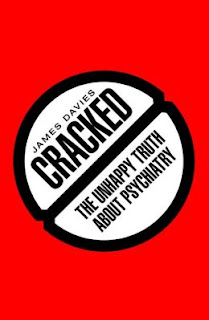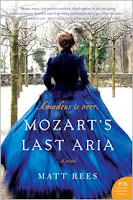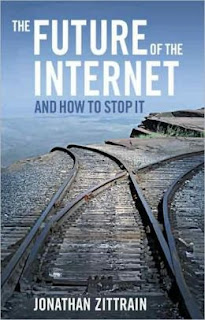Read about the other titles on the list.Beloved by Toni Morrison
This novel won the Pulitzer Prize in 1988, and was made into a movie starring Oprah Winfrey. And it's a story about a family after the Civil War who are haunted by a revenant — apparently the ghost of the two-year-old girl they killed — and later meet a young girl whom they believe to be the ghost brought back to life. Here's an interview where Morrison talks about the importance of ghosts in her work.
Beloved also appears on Peter Dimock's top ten list of books that challenge what we think we know as "history", Stuart Evers's top ten list of homes in literature, David W. Blight's list of five outstanding novels on the Civil War era, John Mullan's list of ten of the best births in literature, Kit Whitfield's top ten list of genre-defying novels, and at the top of one list of contenders for the title of the single best work of American fiction published in the last twenty-five years.
--Marshal Zeringue




















































